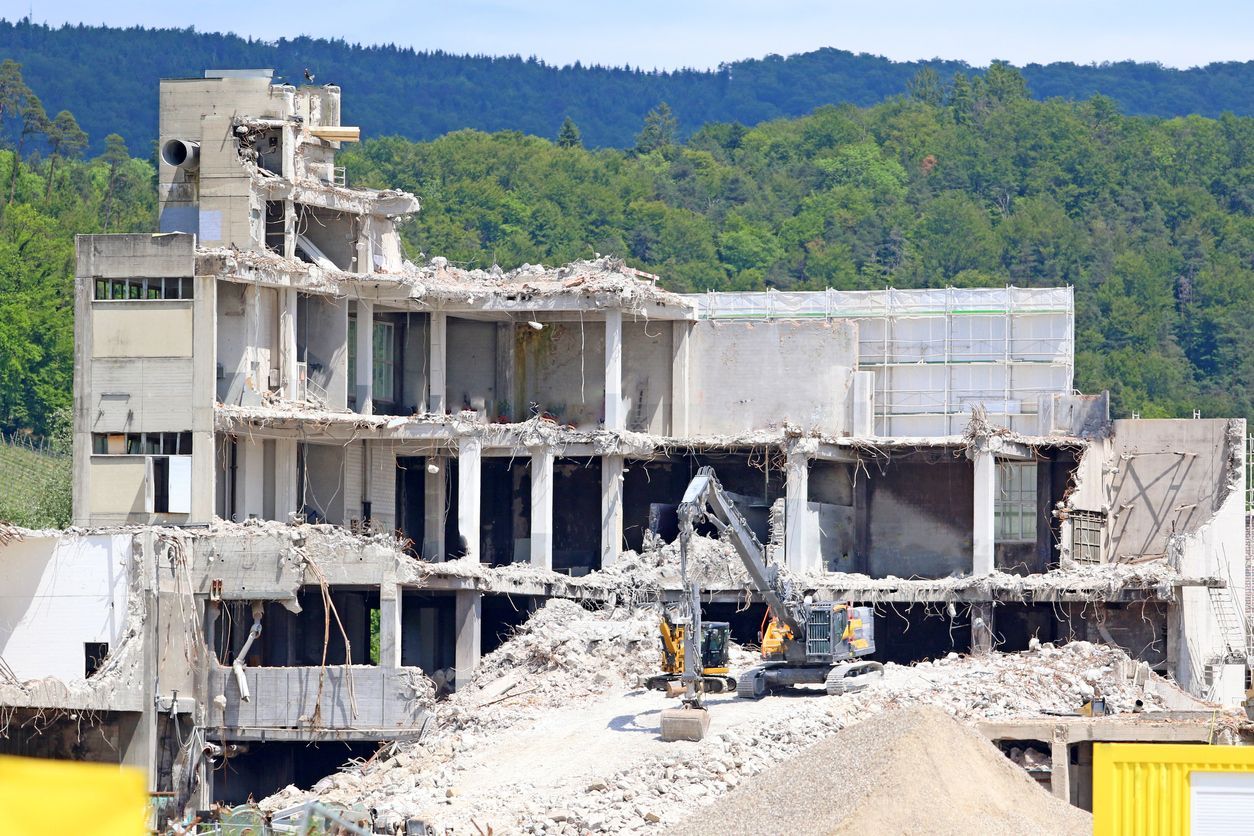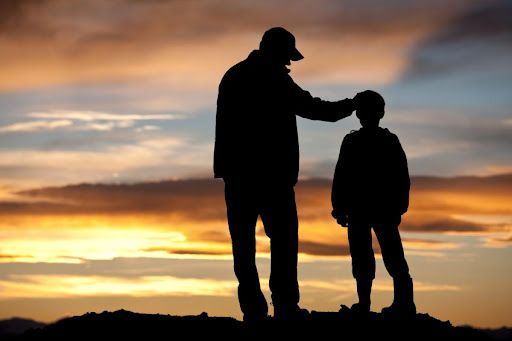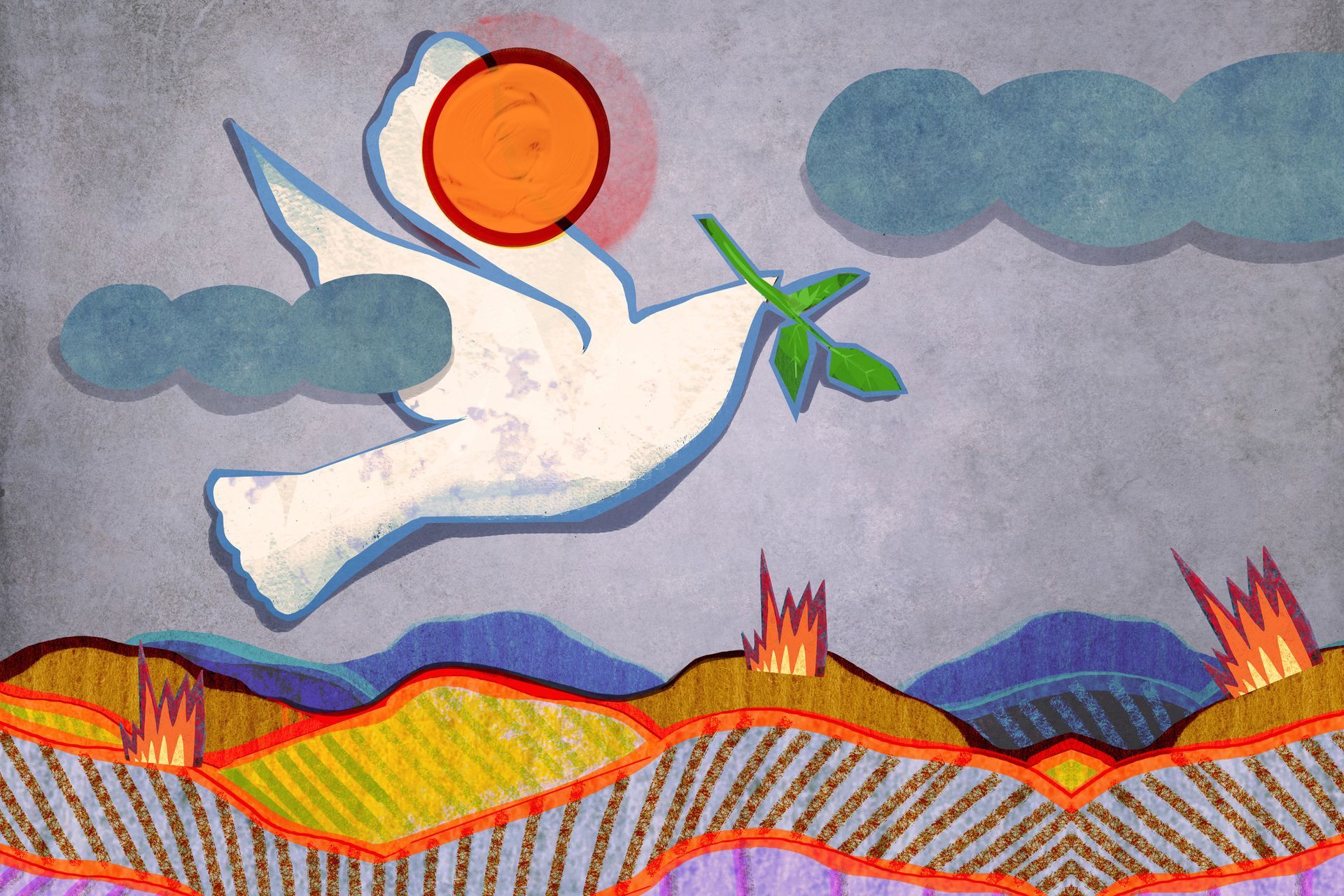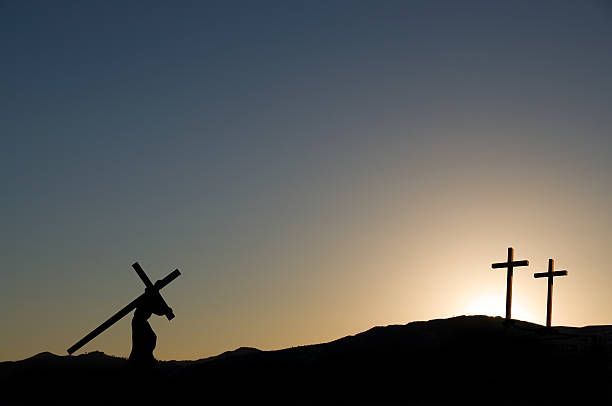Forgotten fatalities

We come again to that time of the year when we remember the bravery and sacrifice of so many men and women of the armed forces in the World Wars and other conflicts. There will be parades at cenotaphs up and down the country and wreaths and poppies will be laid at them in grateful memory of lives given up for the benefit of others.
As I write this blog, the conflict between the Israelis and the Palestinians has flared up again and, with the continuing war in Ukraine, is filling the TV news with horrific pictures of people killed and injured, some taken as hostages, with threats to murder them, and homes and livelihoods destroyed.
The Geneva Convention and other humanitarian legislation have rules and guidelines on the treatment of civilians in areas of conflict but it would appear that such attempts to give some protection to non-combatants and civilian structures are being ignored. Civilians are now being regarded as legitimate targets for military action by some countries and organisations. Russia’s attacks on Ukraine over the last 18 months have shown this as does the current Hamas incursion into Israel and the Israeli military response in Gaza.
The blurring of the distinction between civilian and military targets is not new. It really began with the bombing of the Basque town of Guernica in the Spanish civil war in 1937 and was further expanded in the aerial bombardment of London, the Blitz, in 1940 when 43,000 people were killed, a deliberate ploy in the Nazi preparations for the invasion of Britain.
It is estimated that civilian deaths in World War II were 50-55 million, very many in Russia and China, and possibly another 19-28 million civilians died from war-related disease and famine. We often fail to realise that that total number of civilian deaths is 3 times the number of military deaths, estimated at 21-25 million.
Those civilians are the ‘forgotten fallen’ whom we rarely bring to mind on Remembrance Day. Their names are not found on memorials, the graves of many are unknown and their names forgotten. They are a reminder of the horror and devastation of war, especially modern warfare, conducted from headquarters far from the battle-front by military commanders and political leaders impervious to the pain, misery and grief they cause, careless of the anonymous victims of their grand plans for ‘glory’. The phrase ‘Known unto God’, used on the gravestones of unknown soldiers in war cemeteries supervised by the Commonwealth War Graves Commission, is applicable to the unremembered civilian casualties of all conflicts.
As we remember those military personnel who gave their lives for us in recent wars, let us also remember the civilians who died in those conflicts, and the God who would have us live in peace. He sent His Son to show us how to do this, the Christ who offered His life for our redemption on the Cross of Calvary, ‘Very God Himself is bearing all the sufferings of time’ (Rev.WJ Sparrow-Simpson : ‘Cross of Jesus, Cross of Sorrow’). The Creator God knows and feels all the human suffering we inflict on one another and asks us to ‘live at peace with all men’ (Rom.12.18).










